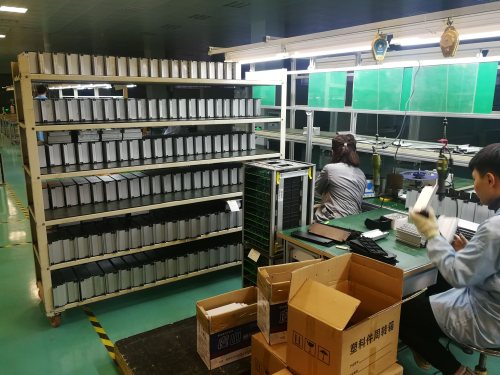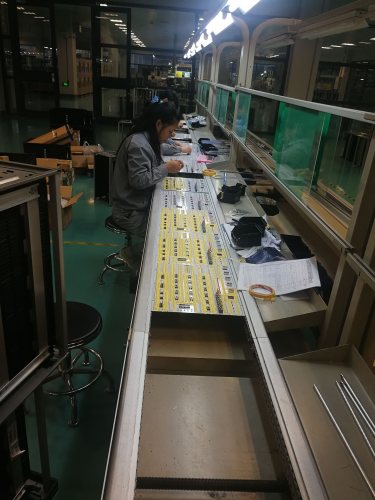ZM2188 Fluid flows study bench school teaching equipment Fluid Mechanics Experiment Equipment
The process principle diagram of measuring point location: 1. 2 ball valve is used to select the measuring section and 3 reflux; P pressure, f flow
As the water flows through the pipe, the friction of the pipe wall and water causes the pressure loss. The pressure loss is directly dependent on the surface roughness of the inner wall of the pipe, which is used in the material. In addition, the pressure loss is caused by flow velocity and cross sectional area.
Four straight pipe elements are installed on the panel. These can be selected individually by the ball valve, flow control valve into use and yield and rotor flow meter reading.
The pressure measuring points in the piping system are designed as annular cavity, which is located between the beginning and end of the measurement part, ensuring accurate pressure measurement. The sensor is connected to a differential pressure gauge and corresponding to the differential pressure reading display.
The well-structured teaching materials provide a step-by-step guide through experiments.
Learning goals/experiments:
•Research on pipeline pressure loss
•Different sections
• Effects of various pipe diameters
• Effects of different materials and surfaces roughness
• The impact of velocity
•The comparison between experiment and theory feature
* Pipe 1 pressure loss
* Different materials and diameters
The study bench allows the study of the linear and specific load losses and the water flow visualization in different pipes’ types:

Smooth tube.
Rough tube.
Venturi tube.
Section increase and restriction.
Industrial elbows.
The bench is composed of:
Fluid supply reservoir in non-oxidizable material.
Stainless steel Centrifugal pump with filter.
Different control valves.
Venturi tube.
Diaphragm.
Transparent smooth tube.
Different industrial elbows.
Section increase and restriction.
Flow sensor.
Tight and separate connections installed in different measurement points.
Direct display differential manometer.
All the necessary accessories assuring the efficient functioning.
Power supply: 220V/380V/50Hz.
